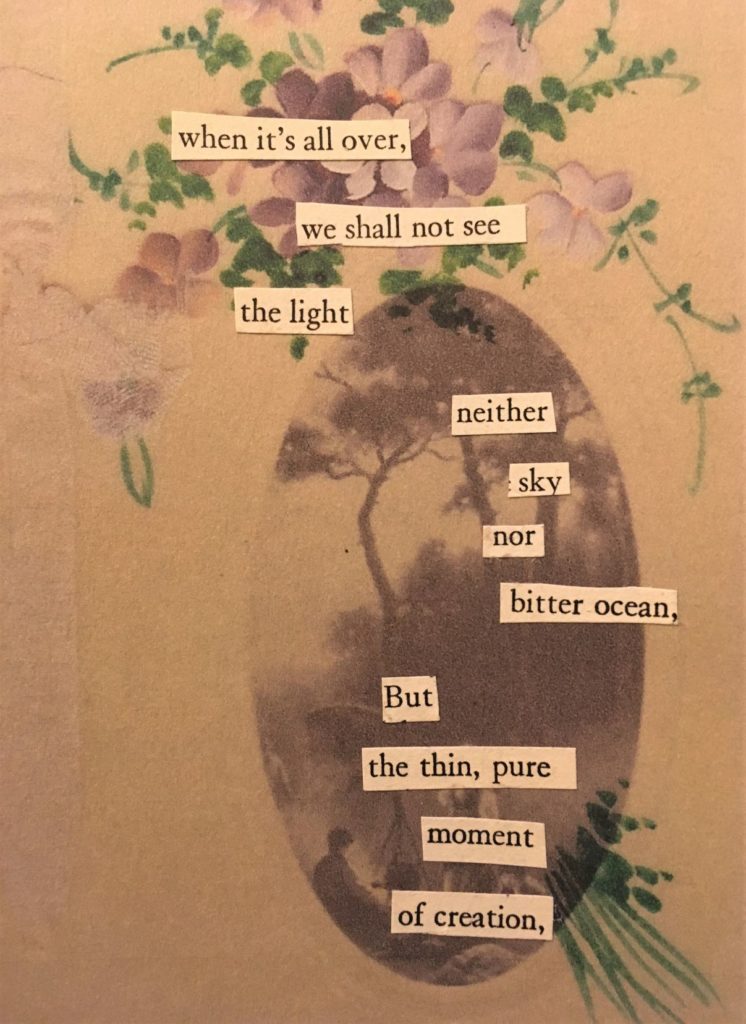When reading through microchapbook submissions this winter, A letter from your sheets // if your sheets could speak. was one of the first to catch my eye. I never could have imagined a conversation with my sheets. I wash the sheets each week and battle the cat to re-make the bed afterwards—I never thought to ask how they might feel about that.
Elizabeth Kemball’s microchapbook considers the sheets’ thoughts and feelings. Her poetry personifies something so seemingly insignificant—bed linens, of all things—and makes them into the star of the show.
Have you ever stopped to thank your sheets? After reading this book, you might want to. In Kemball’s interpretation, they are silent protectors, quiet comforters, a different kind of lover holding you close. Your sheets watch you through your most intimate moments, think of you when you’re gone from them, and long to call out to you. Their affections may be unrequited, but still, you return to your bed–to your sheets–and yearn for the solace they bring.
I couldn’t ask for a better title to launch our 2020-2021 microchapbook series than this beautiful little book. A letter from your sheets // if your sheets could speak. will be available in print, Kindle, and PDF editions next week. Be sure to stay tuned for more information on our other upcoming releases as well!
